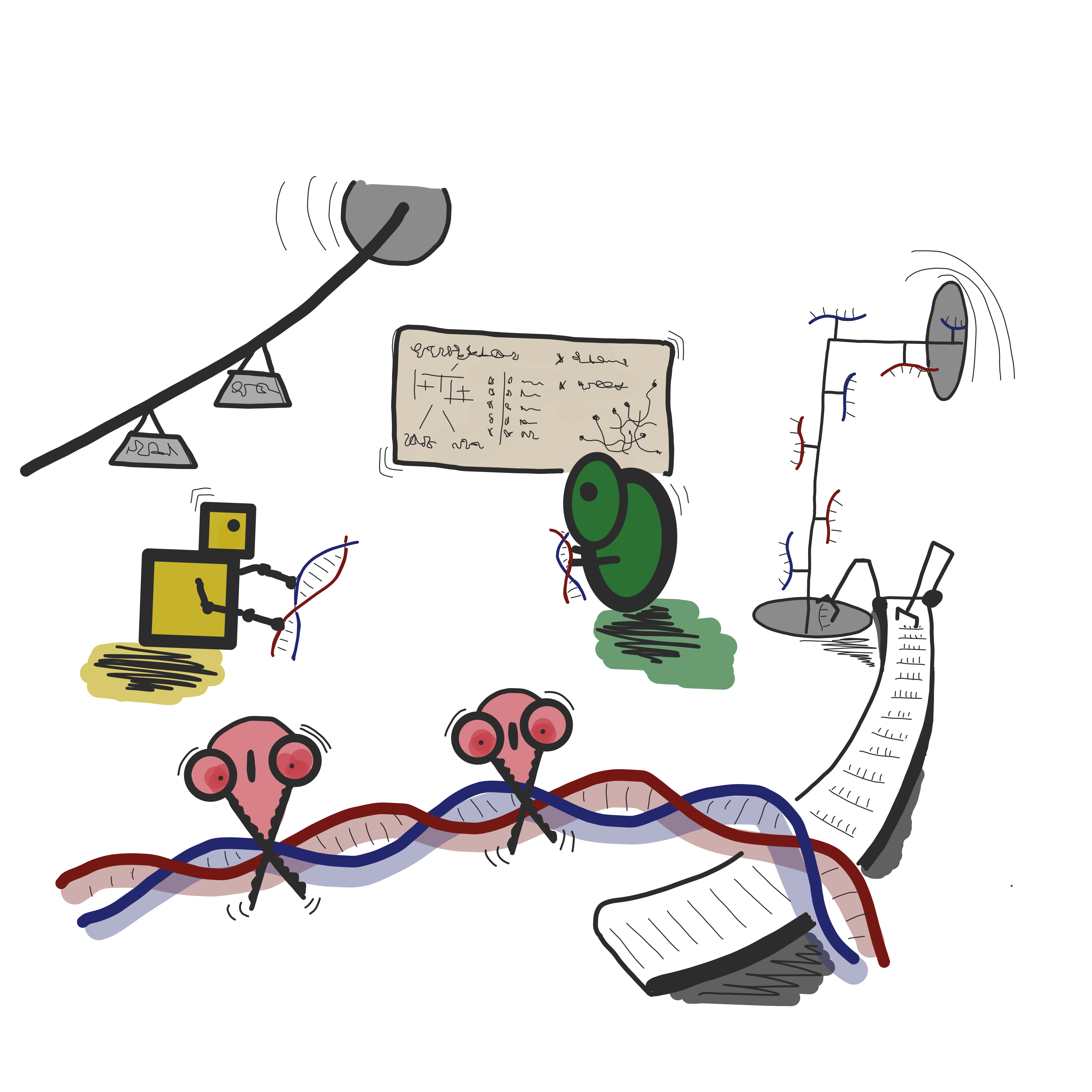Book Review: “Scotland’s Science” by John Mellis

Despite its small size, Scotland is renowned for birthing inventors and inventions aplenty over the centuries. We all grew up being told about how “the best wee country in the world” produced the telephone, the steam engine, the television and penicillin, to name some of the famous examples. When I started primary school at the turn of the millennium, construction had been started on the Falkirk Wheel and I remember my Grandad talking about how much of a feat it was – even though I wasn’t particularly interested or even understood what that meant.
As I got older though I started to develop a real sense of home pride and Tennent’s-like defensiveness over things Scotland has achieved – I’m sure it’s the same for most of us. This is why I jumped at the opportunity to read and review the recently published book “Scotland’s Science”, written by John Mellis, another proud Scot with a fascination for our history and ingenuity. The book covers a plethora of inventors, scientists, engineers and medics from the middle of the 16th century up until the turn of the 20th.
After reading the Foreword, I have a strong impression of John’s character – a born Scot and scientist with pride and passion for the lives and inventions of our ancestors. He has also immediately acknowledged one of the biggest problems with the science history books – the shocking lack of women. Mellis touches on the barriers women faced in education, challenges that are still being tackled to this day. I’m glad this was included, and it made me wonder how many more amazing discoveries could be credited to Scotland if only women had been afforded the same opportunities as men early on.
Books about Scottish history and science are ten-a-penny so I was interested to see what unique perspective Mellis was going to share and I was not disappointed. Unlike the dusty hardback books we all had slammed on the table in school that simply listed invention after invention with long winded explanations of the Watt steam engine, Mellis actually introduces us to the inventor. Each section is a dedicated and thoroughly researched biography of the individual, going further than simply listing the accolades they achieved. We see insights into their childhoods and lives, often showing just how extraordinary these people were.
In particular I was drawn to Elizabeth Garrett Anderson and the Edinburgh Seven. I had of course heard of these women but, beyond knowing they were the first female medical doctors, I knew nothing of their lives or their journey to practice. The struggle to attend lectures, and the expensive legal battles that ensued, are detailed well within the book – and I would implore anyone to read the book just for this section alone. Confronting the sexism and barriers to women in our history is important, and Mellis has taken great care to highlight that the journey these magnificent women took to earn their degrees is far more tumultuous than is commonly thought.
As a microbiologist I was quickly drawn to the biography of Joseph Lister, the father of modern aseptic surgery. This section also appealed to the microscopist in me, as I was fascinated to learn that Lister’s father was skilled in the production of microscope lenses. After reading this chapter, I felt like I had witnessed the life of Joseph Lister, growing from a young English Quaker man unable to study at Oxbridge to a surgeon at the Glasgow Royal Infirmary (which I can see a great view of every day from my office chair).
The chapters I’ve mentioned are not alone in their almost eye-witness level of detail. Mellis has curated this book to a calibre I haven’t seen in other history books, and I truly admire the work that must have gone into writing it.
I would recommend this to school and university libraries across Scotland (and the UK more widely, given many of the people mentioned were born south of the border and simply chose to study here).
When I received the book, the author included a note saying “I hope that you find it as enjoyable to read as it was for me to research and write”. In response, I can say that this book will be on my bookshelf proudly, and I would encourage others to do the same – whether you’re a student, a teacher, or just someone like me who is fascinated by the great minds of our brilliant wee country.
Thank you to John Mellis for sending us a copy of Scotland’s Science.
This article was copy-edited by Katrina Wesencraft.










